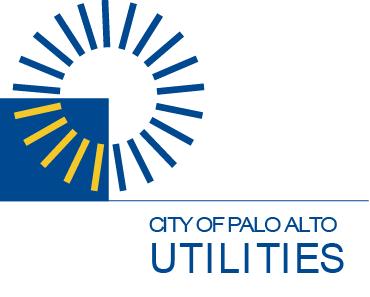In 1987, Palo Alto residents voted to institute a 5% tax on all utility usage, including telephone, gas, water and electric to pay  for the lease of Cubberley from the school district and fund sidewalk and street repairs. Since this time, the tax has remained consistent even as telephone landline usage has dropped dramatically. This tax generates $11M or about 6% of the City of Palo Alto’s General Fund.
for the lease of Cubberley from the school district and fund sidewalk and street repairs. Since this time, the tax has remained consistent even as telephone landline usage has dropped dramatically. This tax generates $11M or about 6% of the City of Palo Alto’s General Fund.
On November 4, Palo Alto voters will be asked to decide on Measure C, which proposes a reduction in the utility users tax on telephone use to 4.75% in return for expanding the tax to include a broad swath of telecommunications usage, including wireless communications and VOIP (or voice over Internet Protocol). This proposition would not tax Internet usage, as this is prohibited by federal law. Unlike the hotel tax initiative, which aims to increase revenue, Measure C is targeted to prevent revenue loss as people switch away from landlines.
The measure also removes the discount that nine large users of utilities currently receive on this tax, including Hewlett-Packard, VM Ware, Stanford Hospital and Clinics and Stanford University.
Yes on C Arguments:
- This is a not new tax; it has been around since 1987.
- However, since 1897 telephone and communications usage has changed dramatically and the structure of this tax has not kept up with the age of the Internet. The tax needs to be adjusted to recoup funds that are currently being lost on communications technology that are not currently covered.
- The state average for utility users tax is 6%, so this drop to 4.75% keeps Palo Alto well below what most other California residents pay.
- This is a local tax and the revenue cannot be reclaimed by the State. It pays for the lease at Cubberley, which includes recreation facilities and playing fields that are by hundreds of Palo Alto citizens.
Yes on C Advocates include: Liz Kniss, Lydia Kou, Greg Scharff
NO on C Arguments
- Measure C proposes eliminating the tax discount that many large businesses have on the Utility Users Tax, and this increase would be passed on to customers.
- This increase is equivalent to a hidden tax on consumers.
No on C Advocates include: Silicon Valley Taxpayers Association, Libertarian Party of Santa Clara Valley
Check out Palo Alto Pulse overviews on Measure C and Measure D, and subscribe to Palo Alto Pulse to stay up to date on the info you need about Palo Alto.




